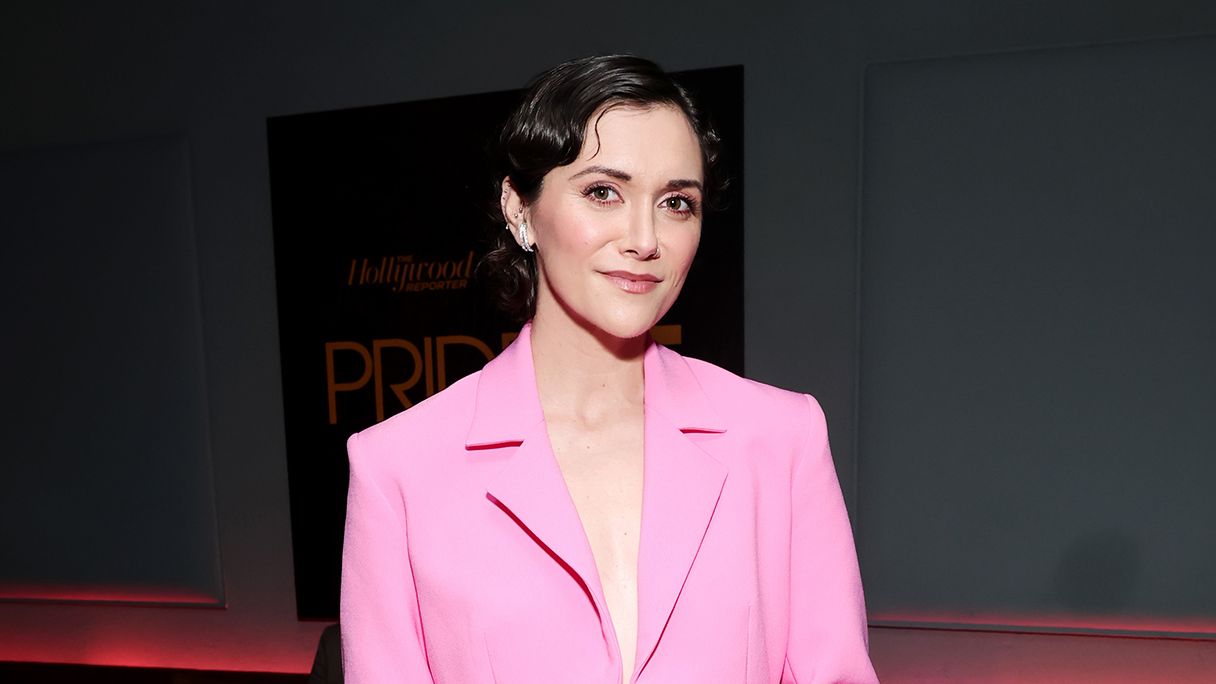Last workout circuit: Flip the tire down the block. Grab the sledgehammer for twenty slams. Then, push the weighted sled back,” shouted Thad, a yoked
Last workout circuit: Flip the tire down the block. Grab the sledgehammer for twenty slams. Then, push the weighted sled back,” shouted Thad, a yoked personal trainer who prioritized muscle gain over everything.
I locked eyes with the asphalt, visualizing myself in the Hunger Games, a gruesome competition where adolescents were forced to fight to the death. I plotted my route through the fictional Cornucopia, a immense metal structure housing weapons and supplies.
“Timer starts . . . now!” I squatted to grab under the tire, already in character as Katniss Everdeen, the lead role I was auditioning for. Katniss was a lean, lithe, and resourceful sixteen-year-old with black hair, olive skin, and gray eyes. A tough and independent survivalist whose childhood was cut tiny, she bravely volunteered to replace her little sister in the annual bloodshed.
I’d first come across the books through a friend’s recommendation. Though I avoided fiction like the plague—being immersed in fabricated narratives for a living left me yearning for facts about the real world—I was immediately gripped by its poignant social commentary. Set in a dystopian future, the book gave an illuminating look at economic structures backfiring, classism and injustice dominating, destructive forms of power, and a burgeoning revolution. As an actor, the complexity of the subject matter would allow me to play to the top of my intelligence—something I rarely had the opportunity to do. And as a human, it gave me a chance to get up close to the murky underbelly of life, which I subconsciously longed to understand but didn’t know how to explore personally.
Katniss was the ultimate role and the ultimate forceful female lead: purpose-driven, keen, athletic, and, thankfully, a heroine whose capacities were more significant than physical beauty. But the role was playing with fire for me. Katniss was characteristically slim—not starving, but compact enough to reflect growing up in an underfed district—and muscular from hunting and archery. If I was going to devote myself to checking every box of the character description, I had to commit to strenuous training without fully succumbing to my eating disorder.
Months before I even had an audition, I upped my workouts. “Great job today,” Thad said, high-fiving me with his bulging biceps. “Tomorrow, we start shredding, so you’ll eat egg whites, chicken, and protein shakes for a week.” My dietitian would probably not love that, but it’s for my job, I justified.
The Hunger Games casting appointments were highly sought-after. If Lionsgate Films and the director, Gary Ross, didn’t select someone from a straight-offer list, they’d scout reputable working actors, of which there was no shortage: Zoey Deutch, Saoirse Ronan, Shailene Woodley, Brie Larson, Chloë Grace Moretz, Hailee Steinfeld, Abigail Breslin, Emma Roberts, Lyndsy Fonseca, and so many more . . . all laudably primed for a career breakthrough.
With my lower-tier team and family entertainment credits, I would be a lucky charity case, if my agents could get me in. While casting directors knew that hundreds of actors had the dramatic chops, realistically, they wouldn’t risk presenting a candidate who lacked just the right positioning. (For example, beyond her captivating talent, Jennifer Lawrence was fresh off an Oscar nomination and also represented by CAA, the most powerful agency in show business.)
The long shot of it all was never lost on me. But it technically wasn’t unrealistic for a director to pluck an unexpected person from the crowd and make them a star, either. Media loved an underdog story. I’d spent my whole career erring on the side of practicality and it hadn’t amounted to a breakthrough. So this time, I jumped for the moon.

COMMENTS